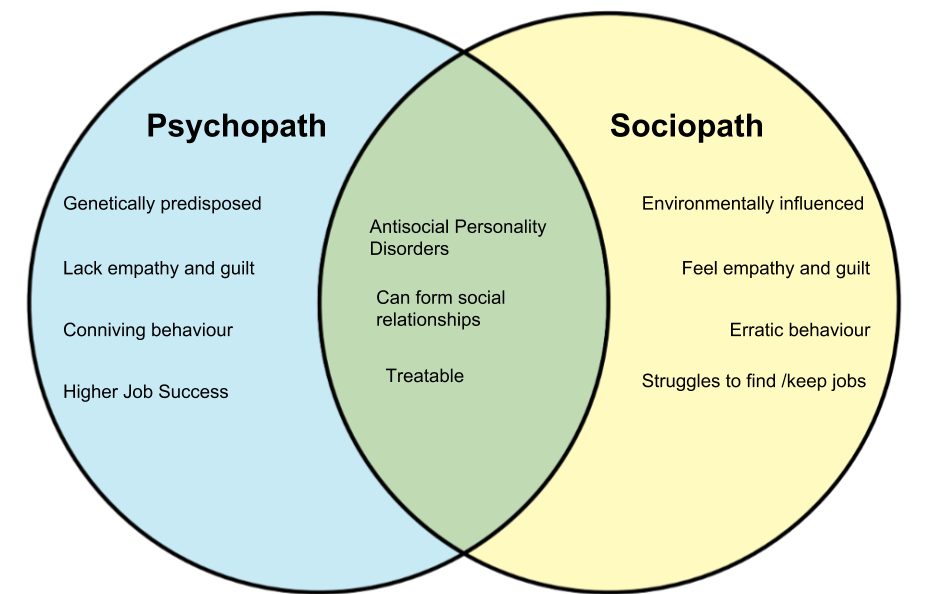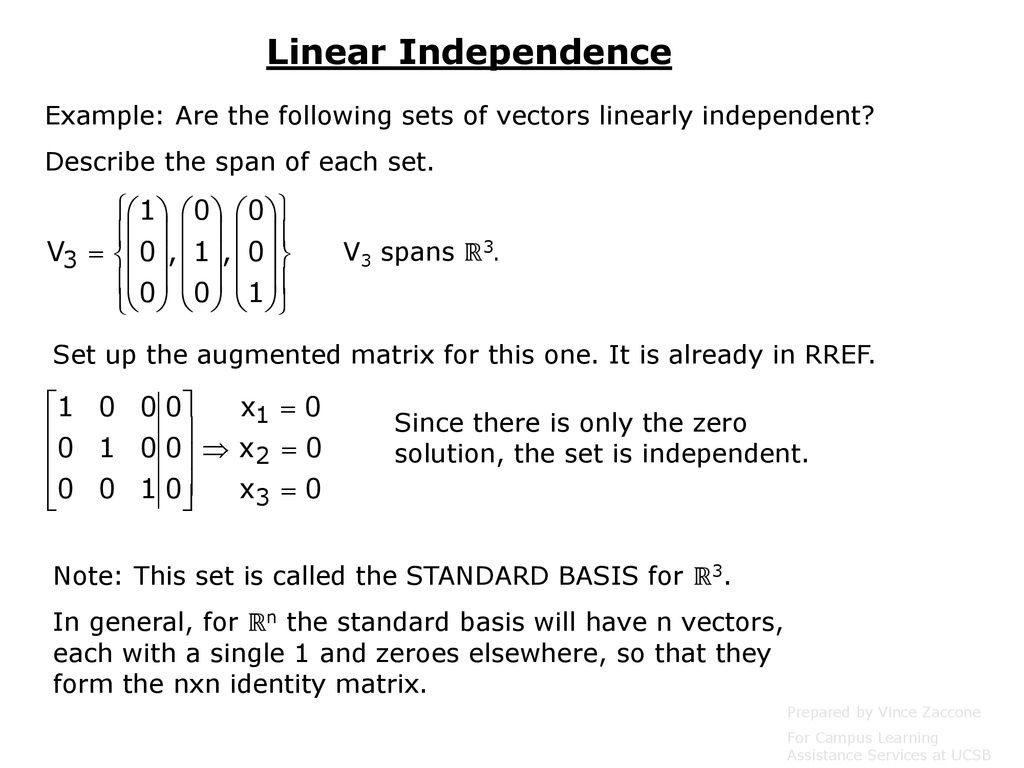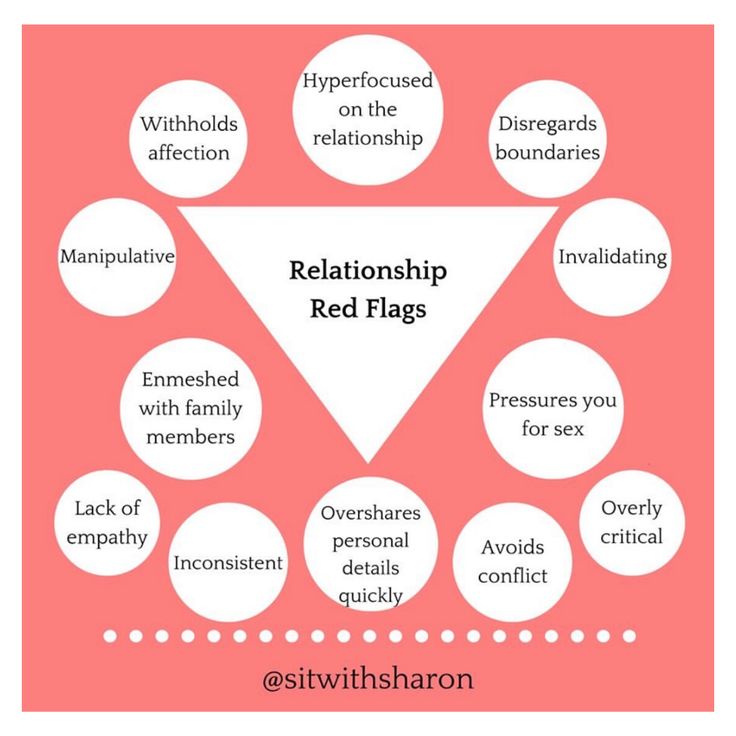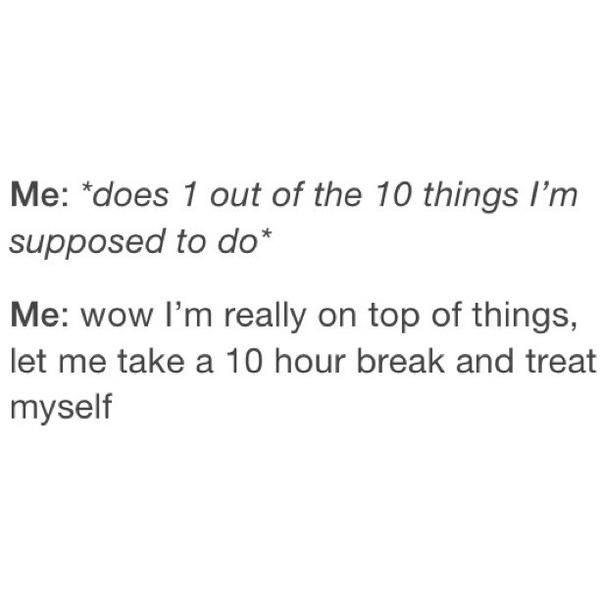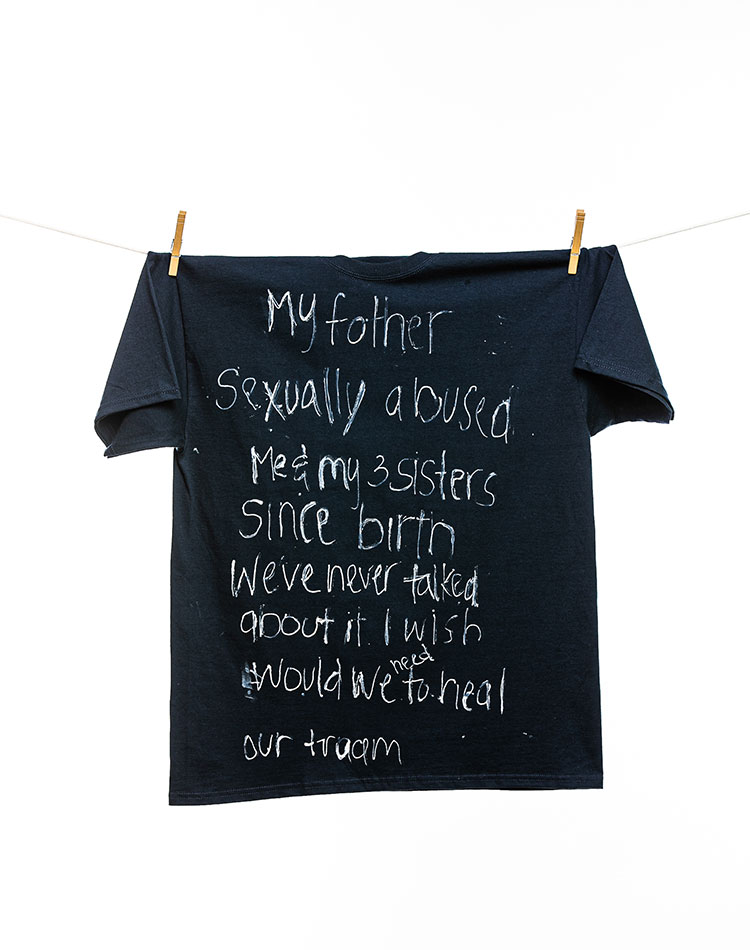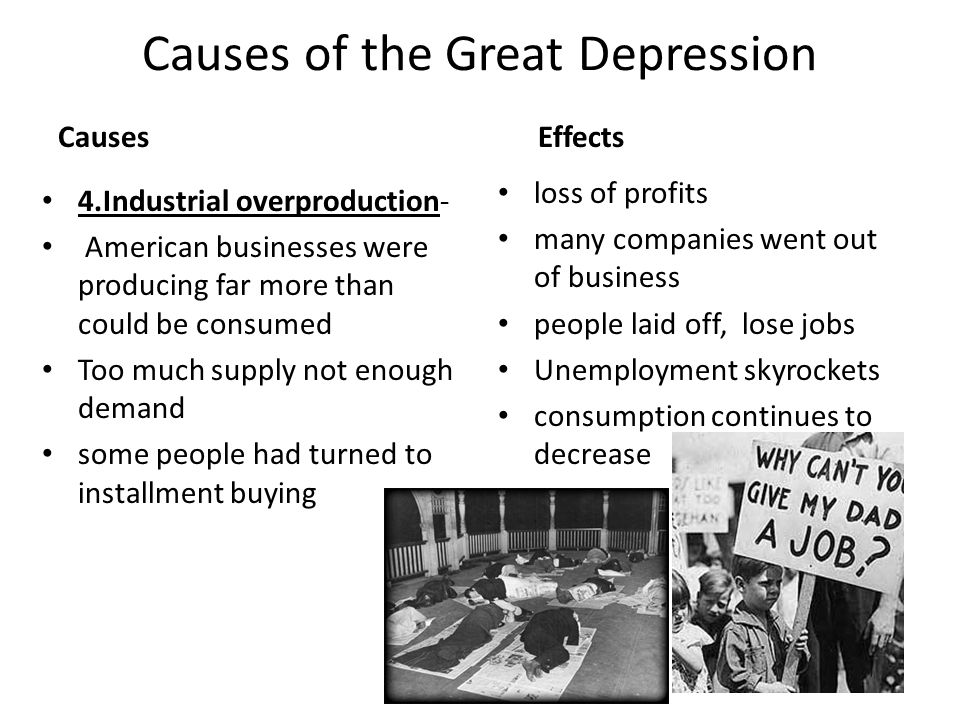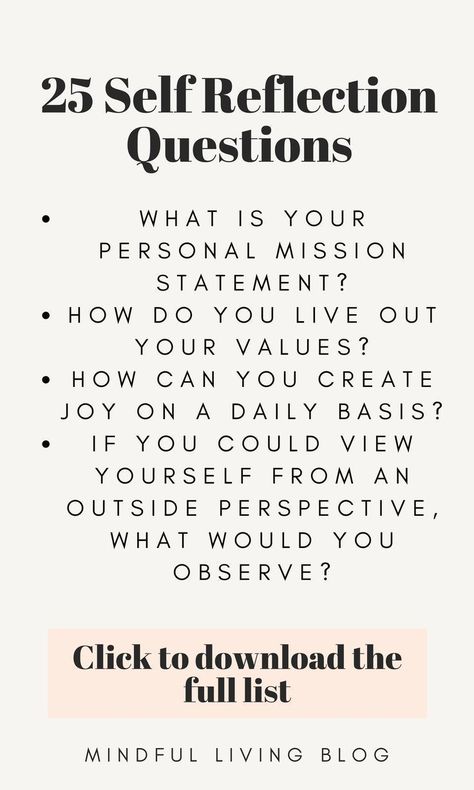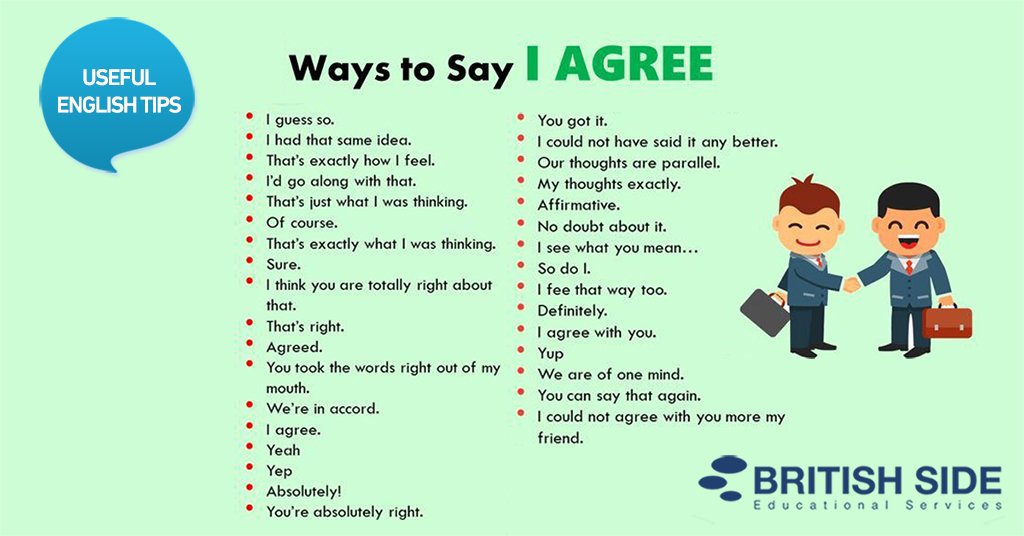Difference between empathy and apathy
On Empathy and Apathy: Two Case Studies
- The suffix -pathy means “feeling” or “suffering”
- The prefix em- means “within” or “inside”
- The prefix a- means “not” or “without”
By definition, empathy is the opposite of apathy.
Empathy is defined as “the ability to understand and share the feelings of another” — within + feeling or inside + suffering.
Apathy is defined as “a lack of interest, enthusiasm, or concern” — not + feeling or without + suffering.
I believe empathy and apathy exist on a spectrum. The degree to which one feels the feelings of another determines whether one’s dot is plotted closer to the empathy or apathy extreme.
To have the most possible empathy (and therefore the least possible apathy) can then be described as feeling the feelings of another with the greatest accuracy and effort. On the other hand, to have the most possible apathy (and the least possible empathy) is to have no accuracy in feeling the feelings of another — to simply not try at all.
Both of these “modes of being” are contagious; by definition, they require two people to exist. Contagious means “spread from one person to another by direct or indirect contact.” One person who chooses to — or who is intrinsically disposed to (a distinction I’ll explore at a later date) — act with empathy or with apathy has the power to infect everyone around them.
I believe it is the empathy-apathy disposition spectrum that is, at the very core, responsible for creating organizational and communal culture. And it only takes one person to plant the seed.
I recently came across two stories that I think serve as terrific examples of how one person’s temperament can both create and indicate the attitudes and behaviors of their respective environments. First, an act of empathy demonstrated by Panera Bread, followed by an act of apathy demonstrated by United Airlines.
Empathy at Panera Bread
A 21-year-old college student named Brandon Cook visits his grandmother in the hospital. She is dying of cancer. She’s craving soup, but hates the hospital food. What she really wants is clam chowder from Panera.
She is dying of cancer. She’s craving soup, but hates the hospital food. What she really wants is clam chowder from Panera.
Brandon loves his grandmother and knows she doesn’t have much time to live. Watching her die is hard every day. He wants to make her happy and knows that doing so will make him happy too. Brandon probably hasn’t eaten his grandma’s hospital food, but he can imagine how bad it is. He feels she deserves better, and he wants to give it to her.
Panera only sells their clam chowder on Fridays. Today, the day Brandon’s grandma wants clam chowder, isn’t Friday. He doesn’t want to wait to get grandma what she craves because he isn’t sure how long she has to live. Today is what matters.
Brandon calls up the local Panera and asks for the manager. He explains the situation and the manager listens. The manager is touched by the love Brandon feels for his grandma. She can imagine what it feels like to know you’re about to lose someone who means so much to you and want to make them happy in the time you have left.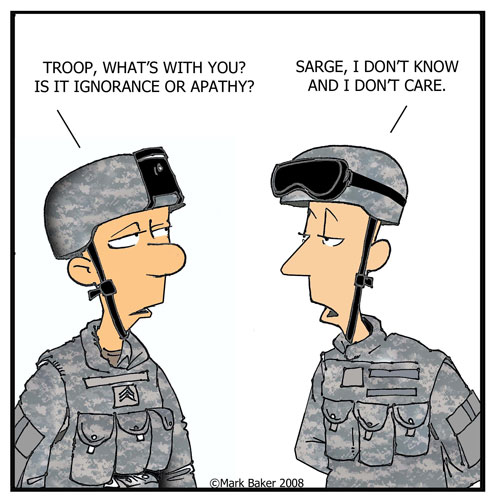 Though today isn’t Friday, the manager decides to go out of her way to make the clam chowder. She tells Brandon when he can come pick it up.
Though today isn’t Friday, the manager decides to go out of her way to make the clam chowder. She tells Brandon when he can come pick it up.
When Brandon arrives at the Panera in Nashua, New Hampshire, the clam chowder is waiting for him. Along with it, the manager gives him a box of cookies. The manager doesn’t know Brandon’s grandma and doesn’t know if she likes cookies, but she knows how most people feel about cookies. She can imagine that a free and unexpected box of cookies will make Brandon’s grandma even happier than a cup of on-the-wrong-day clam chowder.
Brandon is so thankful to Panera for helping him deliver clam chowder to his dying grandma. Not only did the manager go out of her way to make the soup for only one customer, she also gave him a box of cookies for free. Brandon imagines that it must have been an inconvenience to make a whole batch of soup on a day they hadn’t planned to. He also imagines that giving away free cookies isn’t commonplace at Panera.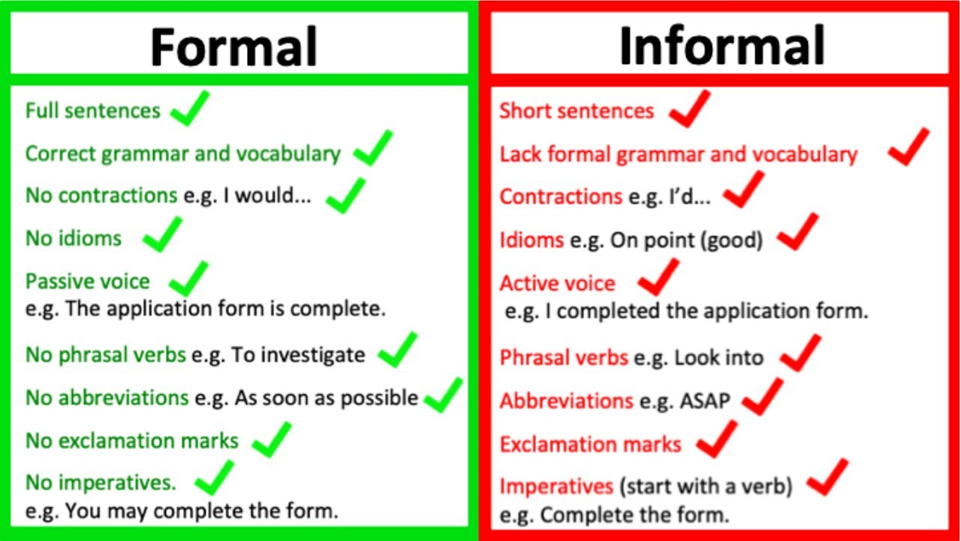 He recognizes that the manager understood his situation and felt his pain. She not only wanted to fulfill his wish, but surprise him as well. She must have really cared about him and about his grandma.
He recognizes that the manager understood his situation and felt his pain. She not only wanted to fulfill his wish, but surprise him as well. She must have really cared about him and about his grandma.
Brandon felt so moved by the kindness the Panera manager showed him and his family that he wanted to repay the favor. He wanted others to know what had transpired so that they could feel amazed and happy too. Brandon posted the Panera story on his Facebook wall for his friends to see. It was the best way he knew how to tell the story to as many of his friends as possible.
As it happened, Brandon’s mom, Gail Cook saw his wall post. She admired her son’s initiative and deep care for his grandma (her mother-in-law), and was so impressed by the kindness and generosity of the manager at her local Panera. She imagined that both Panera fans and its employees nationwide would be delighted to hear this uplifting story. Gail reposted Brandon’s wall post onto Panera Bread’s fan page.
The story spread like wildfire.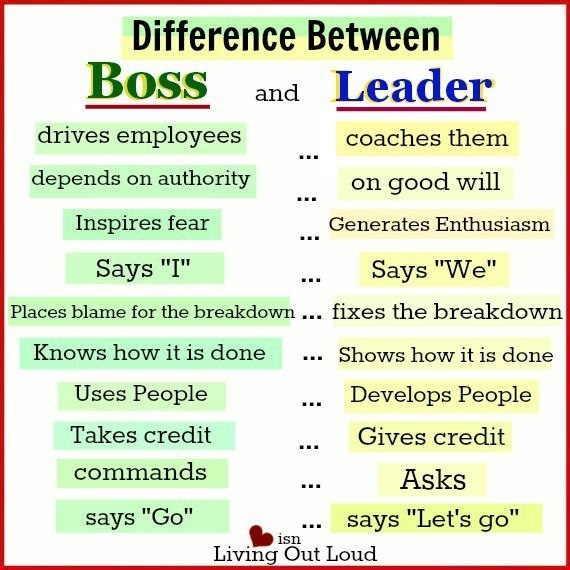 Less than two weeks later, Brandon’s wall post has been liked almost 750,000 times and has received nearly 32,000 comments.
Less than two weeks later, Brandon’s wall post has been liked almost 750,000 times and has received nearly 32,000 comments.
An article by the local Nashua Patch, Of Clam Chowder and Comfort Food for the Soul, identifies the Nashua manager as Suzanne Fortier. Adweek recapped the incident in How a Fan Post on Panera’s Facebook Page Got Half a Million Likes, and that link made its way to me.
When Suzanne was asked why she did it, she said that anyone at Panera would have: she “just happened to be the one to answer the phone.” This can be read two ways: (1) Panera encourages empathy for others, or (2) working at Panera, one is allowed to preserve and demonstrate one’s own innate level of empathy. I believe these go hand-in-hand. [Note: I am pleased, but not surprised, to have happened upon Panera Cares, the company’s non-profit foundation which has opened a chain of pay-what-you-can cafés around the country.]
Suzanne doesn’t want the glory.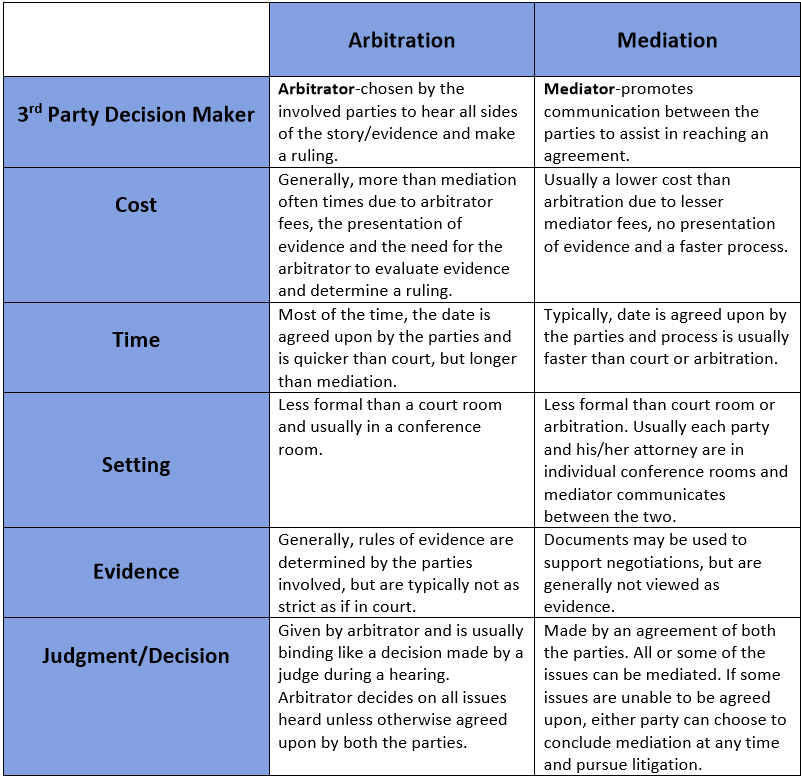 The result of empathy is intrinsic and doesn’t require validation. Instead, Suzanne thinks Brandon is the real hero; it is his devotion to his grandma that has most affected her. Gail, Brandon’s mom, feels the same way, saying that she doesn’t believe most people his age would have demonstrated the same affection.
The result of empathy is intrinsic and doesn’t require validation. Instead, Suzanne thinks Brandon is the real hero; it is his devotion to his grandma that has most affected her. Gail, Brandon’s mom, feels the same way, saying that she doesn’t believe most people his age would have demonstrated the same affection.
“I think it’s so touching to other people because they are relating to the situation.”
Empathy: an ability to relate.
Brandon’s reaction to the virality:
“I totally wasn’t expecting this to take off like it has. If my grandma even knew what a Facebook page was, I’d show her…My grandmom’s biggest fear was dying with no friends. I wish I could show her how many ‘friends’ she has out there, and how many prayers people are saying for her.”
Apathy at United Airlines
A 10-year-old girl named Phoebe Klebahn is flying by herself on United Airlines from San Francisco to Grand Rapids, with a layover in Chicago, on her way to summer camp. She has plenty of time to make her connecting flight. When she lands in Chicago, no one greets her at the arrival gate. She isn’t sure what she’s supposed to do or where she’s supposed to go. Again, she’s 10 years old.
She has plenty of time to make her connecting flight. When she lands in Chicago, no one greets her at the arrival gate. She isn’t sure what she’s supposed to do or where she’s supposed to go. Again, she’s 10 years old.
Phoebe waits for someone to find her, scared and vulnerable. She eventually approaches the agents at the gate counter to ask for help finding her next flight, but she is told to wait. The gate agents are busy helping other customers and ignore a 10-year-old girl who is traveling alone. She doesn’t have a cell phone and asks the agents if she can use their phone to call home. They again tell her she has to wait. They make her wait so long, she misses her connecting flight to Grand Rapids.
When she finally gets an agent’s attention, she asks if they can call the camp to make sure they know she missed the flight and is safe in Chicago. The agent says they will call. They never do. They don’t offer to call her parents, they don’t help her get on the next flight to Grand Rapids, they don’t ask her if she’s hungry or thirsty or needs to use the bathroom. No one helps at all.
No one helps at all.
The flight lands in Grand Rapids, and the camp folks are there to pick Phoebe up. When she doesn’t get off the flight, they worry. They had not been notified of any change in plans. They call Phoebe’s parents and ask for an update.
This is the moment when Phoebe’s parents learn she’s missing. Three hours after she has landed in Chicago. They immediately both call United Airlines in search of their daughter. Phoebe’s mother reaches a customer service rep in India who checks the manifest and says that Phoebe must still be in Chicago. “I’m sure she is fine.” She neither attempts to contact anyone in the Chicago airport to find Phoebe, nor apologizes in any way (despite it not being her fault that Phoebe is lost). When the rep offers no solutions, Phoebe’s mom asks to speak to her supervisor. She is then put on hold for 40 minutes before the supervisor takes the call.
Meanwhile, Phoebe’s father is also on the phone with United Airlines. Because he has Premier status on United’s MileagePlus program, he is connected to a United employee in the Chicago airport.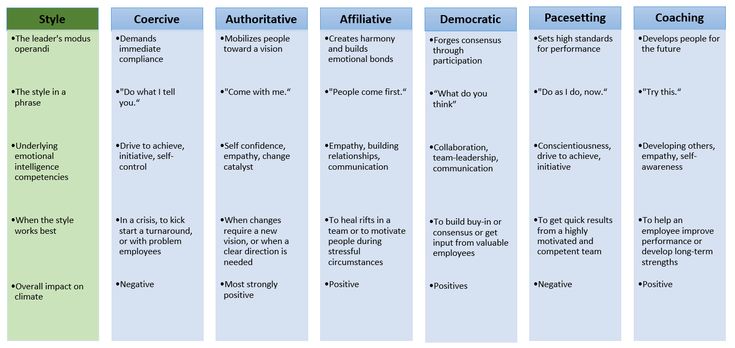 When he asks why his daughter didn’t make her connecting flight to Grand Rapids, the United employee says she has no idea why and puts him on hold. She does not say whether his daughter is safe or express any concern about the nerve-wracking situation. When she gets back on the line, she informs Phoebe’s father that the outsourced unaccompanied-minor service that United Airlines pays for apparently “forgot to show up” to transfer Phoebe to her next flight. She doesn’t know why. And she still hasn’t sent anyone to find Phoebe in the airport.
When he asks why his daughter didn’t make her connecting flight to Grand Rapids, the United employee says she has no idea why and puts him on hold. She does not say whether his daughter is safe or express any concern about the nerve-wracking situation. When she gets back on the line, she informs Phoebe’s father that the outsourced unaccompanied-minor service that United Airlines pays for apparently “forgot to show up” to transfer Phoebe to her next flight. She doesn’t know why. And she still hasn’t sent anyone to find Phoebe in the airport.
Phoebe’s parents were never told, either verbally or in writing, that unaccompanied minors are not escorted by United Airlines employees, but rather that they use a third-party vendor. Ironically, they had been required to pay a $99 fee because Phoebe was traveling alone underage.
At this point they’re completely shocked that their 10-year-old has been abandoned and that no one has made any effort to locate her or comfort them. They are completely helpless. Phoebe’s dad asks the United employee if she can please go find his daughter. The United employee’s response: my shift is over and I can’t help.
Phoebe’s dad asks the United employee if she can please go find his daughter. The United employee’s response: my shift is over and I can’t help.
Phoebe’s dad pleads with the United employee, asking if she herself is a mother. The United employee says, yes, she is. Phoebe’s dad asks what she would do if her daughter was missing. The United employee says she understands and will try to help. She puts him on hold for 15 minutes while she tracks down whomever in the airport is in contact with Phoebe. Eventually, they get her on the phone and are assured that she’s okay. Phoebe makes it to Grand Rapids on a later flight and her camp picks her up without incident. She is shaken and disturbed and far away from home, having just grown up a little bit faster after seeing the mass incompetence of dispassionate adults.
There is so much more to this story — lost luggage that took 3 days to arrive, an impossible complaint process that prevents negative feedback, United Airlines’ refusal to acknowledge the fuck-up entirely until a local NBC TV news-reporter came calling — all of which you can read along with The Klebahns’ full write-up of what transpired, in an appropriately titled post United Airlines Lost My Friend’s 10 Year Old Daughter And Didn’t Care by Bob Sutton, an organizational psychologist and professor of management at Stanford University.
Sutton’s background qualifies him to have a professional opinion on these events, which I found rather astute:
This is the key moment in the story, note that in her role as a United employee, this woman would not help Perry and Annie. It was only when Perry asked her if she was a mother and how she would feel that she was able to shed her deeply ingrained United indifference — the lack of felt accountability that pervades the system. Yes, there are design problems, there are operations problems, but the to me the core lesson is this is a system packed with people who don’t feel responsible for doing the right thing. We can argue over who is to blame and how much — management is at the top of the list in my book, but I won’t let any of individual employees off the hook.
Sutton’s post went viral, no surprise, and the media had a field day. In Sutton’s follow-up post, he shares the official statement from United Airlines spokesman Charles Hobart:
“We reached out directly to the Klebahns to apologize and we are reviewing this matter.
What the Klebahns describe is not the service we aim to deliver to our customers. We are redepositing the miles used to purchase the ticket back into Mr. Klebahn’s account in addition to refunding the unaccompanied minor charge. We certainly appreciate their business and would like the opportunity to provide them a better travel experience in the future.”
Are you as disturbed as I am? Good.
Sutton explains:
I also want to reprint United’s statement because it lacks even a hint of empathy or compassion. Note that it does not question any of the facts put forth by Annie and Perry and also note that no attempt was made to reach out to Annie and Perry until United was contacted by NBC reporter Diane Dwyer. As one executive I know explained — he is in what they call Global Services, the top 1% of United customers — even the statement is a symptom of how deep the denial is and how shallow the humanity is in the company
Even after all the bad press and public outcry, United Airlines has continued to exhibit the deepest possible apathy across the whole organization.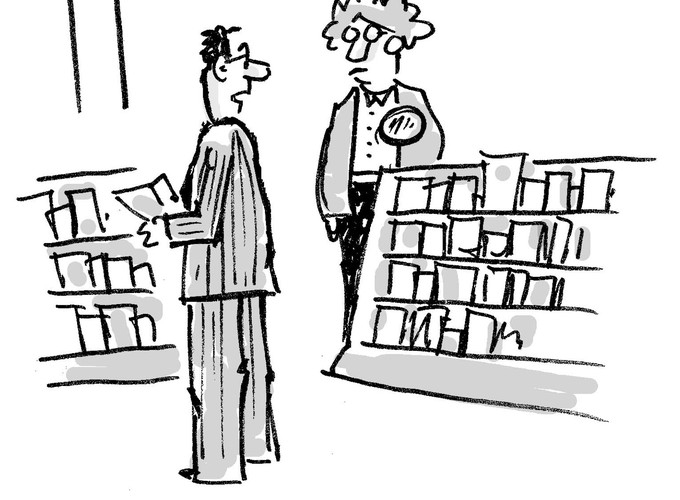 Each employee’s actions have been consistently depraved and there is no indication that there’s any change in sight.
Each employee’s actions have been consistently depraved and there is no indication that there’s any change in sight.
Phoebe’s parents have opted out of the media circus and instead have chosen to take the high-road by starting a petition to encourage widespread policy change regarding unaccompanied minors across United Airlines and the entire industry. You can read their statement in Bob Sutton’s post A Call for Change at United: A Statement from Annie and Perry Klebahn and sign their petition at Change.org.
Conclusions
Can one person make a difference? Yes, especially when it comes to fostering organizational culture.
Remember Newton’s third law of motion: for every action, there is an equal (in size) and opposite (in direction) reaction. Empathy and apathy are two-way streets. How we choose to behave shapes the way others behave around us; how others behave around us shapes the way we behave. Apathy is a vicious circle; empathy is a virtuous one.
Both of these examples involved distressing family situations. In one case, an organization had taught its employee to act with compassion and bend the rules when she felt it was appropriate. In another case, an organization had taught its employees to act with detachment and under no circumstances deviate from protocol. In the former, the employee was empowered; in the latter, the employees were pawns.
In one case, an organization had taught its employee to act with compassion and bend the rules when she felt it was appropriate. In another case, an organization had taught its employees to act with detachment and under no circumstances deviate from protocol. In the former, the employee was empowered; in the latter, the employees were pawns.
Those who aren’t treated humanely cease to feel like human beings. Inevitably, it becomes impossible to see others as human beings worthy of being treated humanely.
When an organization treats its employees with empathy, they become capable of experiencing and imparting empathy in turn. When they receive apathy, they give it right back — to customers and colleagues alike.
It’s time to get real: where do you sit on the empathy-apathy spectrum?
What are you going to do today to change the way your organization behaves? How will you set a positive chain of events into action? How will you show you care?
Do you?
Related Posts:
- The Management Problem August 29, 2012 | 4 comments
- Hostess treats their customers as badly as they treat their employees November 18, 2012 | 5 comments
- The Sheraton Responds! September 30, 2009 | 5 comments
- If Seth Godin were me… May 30, 2012 | 5 comments
- User Experience is Not Enough April 21, 2012 | 43 comments
The Many Differences Between Empathy, Sympathy, and Apathy
You may or may not be familiar with the term empath.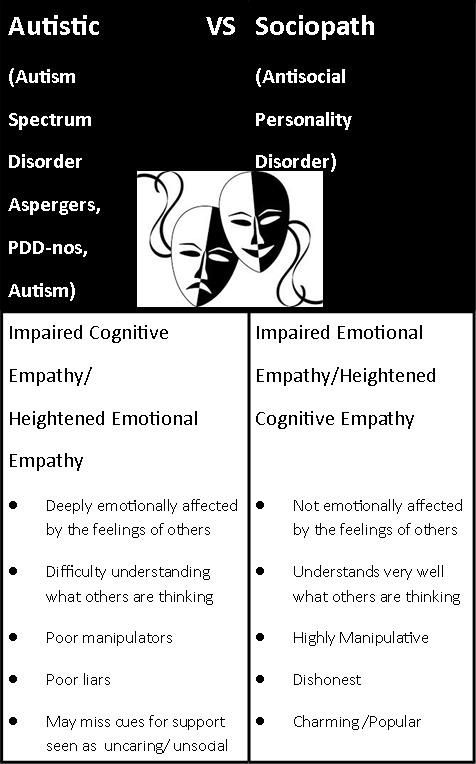 The word empath is frequently used to describe someone highly sensitive and aware of the emotions of those around them.
The word empath is frequently used to describe someone highly sensitive and aware of the emotions of those around them.
Many people consider themselves empaths despite not fully understanding the term. To better understand what an empath is, one must also understand empathy, sympathy, and apathy.
Knowing each of these concepts can help an individual transform how they engage with others, especially when it comes to supporting loved ones that struggle with their mental health.
What Is Apathy?
The easiest way to explain these three terms is by starting with apathy. Apathy describes lacking emotion, motivation, concern, or interest in something. An apathetic person does not care about what is happening around them, whether they choose not to care or do not have the mental capacity to do so.
Apathy can be the effect of mental health distress or several other physical or medical conditions. Apathy is different from depression, although it can be difficult to tell the two apart.
Everyone experiences a lack of interest and motivation from time to time. When these feelings persist, they can affect an individual’s ability to experience wellbeing.
Symptoms of apathy might include:
- Lack of motivation (to complete a task or to do anything)
- Lack of purpose (such as worthlessness or hopelessness)
- Low energy levels
- Passiveness
- Detachment from life
- Absence of emotion
- Suppression of emotion
What Is Sympathy?
Sympathy is a state of feeling bad for someone else because of their life experiences or current situation. To be sympathetic towards what someone else is going through, it is important to limit distractions and pay close attention to how another person is feeling.
Sympathy is typically felt for someone else when they have experienced a negative life event. It is a feeling that expresses care and concern for someone else and their situation while also expressing sorrow for their trouble or grief.
With sympathy, a person understands what someone else is going through in their own way.
What Is Empathy?
Empathy is considered the most effective form of showing compassion for someone else going through significant emotional pain. Unlike sympathy, empathy is when a person understands and shares the negative experiences and emotions of someone else.
While sympathy typically generates feelings of pity, empathy provides a deep and intimate connection between a person suffering and a person trying to provide support. Empathy creates a vulnerable space for two people to heal together.
Another way to understand empathy is that it is the ability to place oneself in another person’s shoes, specifically showing a person that they are being heard and genuinely understood.
Empathy suspends any form of judgment or opinion. It does not foster feelings of anger or resentment like sympathy might. It is more challenging to be empathetic, as it is likely to come naturally based on the person or the situation and not generated from speculation.
What Is an Empath?
A person can identify whether they feel apathetic, sympathetic, or empathetic towards someone based on how they connect with the person or the situation.
As mentioned earlier, an empath is someone that seems to absorb the energies and emotions that are present in an environment. There are significant benefits to being an empath, such as being naturally caring, compassionate, and understanding.
People do not choose to be an empath; instead, they are born with such qualities. While empathy is deemed the most effective way to connect with others, there are still downsides to being an empath.
Empaths feel the weight of the world around them much stronger than others and are often burdened as such. They are highly sensitive and are unable to avoid the feelings of others. Empaths can not turn off their care for others, and in turn, are constantly overwhelmed with emotion.
Luckily, there are ways that empaths can protect their energy to utilize their gift to the best of their ability.
How to Manage Empathic Traits in Recovery
If you are an empath in recovery, you must learn how to prioritize your feelings and emotions above others. This particular truth is fundamental during your healing journey.
Learning to protect your energy is the key to staying balanced and experiencing mental peace. Here are some tips on how to save your energy:
- Set boundaries. You must learn how to set boundaries to keep a healthy relationship with yourself and others. Define your limits to the best of your ability.
- Work on being more mindful. Meditate, take a walk in nature, journal your emotions, and practice gratitude as often as you can. It would be best if you learned how to be mindful in all that you do so that the energy and emotions of others do not weigh you down.
- Learn how to balance self-care and social connection. You may need to place limits on how much time you spend with others to avoid feeling emotionally or mentally burnt out.
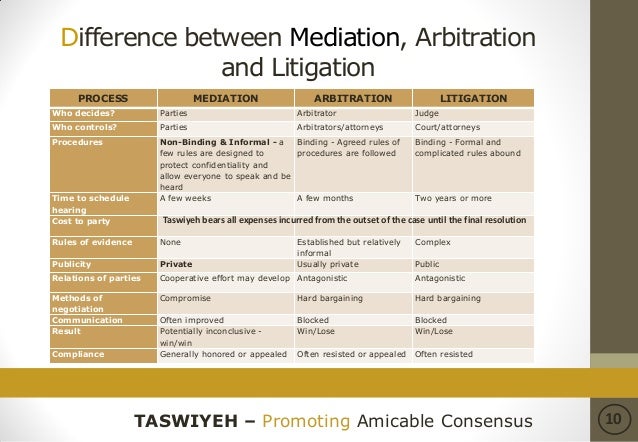 Find a balance that works for you.
Find a balance that works for you.
Being an empath can be overwhelming, as empaths do not choose to take on the weight of those around them. Being an empath in recovery can create even more intense challenges because you feel like you are responsible for supporting and guiding the healing of others. In understanding empathy, sympathy, and apathy, a person is better able to provide authentic support to their loved ones struggling with mental distress. West Coast Recovery Centers understands that being an empath can be draining, especially in recovery. Our compassionate staff believes in the power of providing empathetic care to all of our clients. Treatment for mental health and substance use is not meant to be experienced alone. You deserve to be empowered and motivated as you heal. Let our staff help guide you through your personal treatment experience. For more information about the resources we offer, please call us today at (760) 492-6509.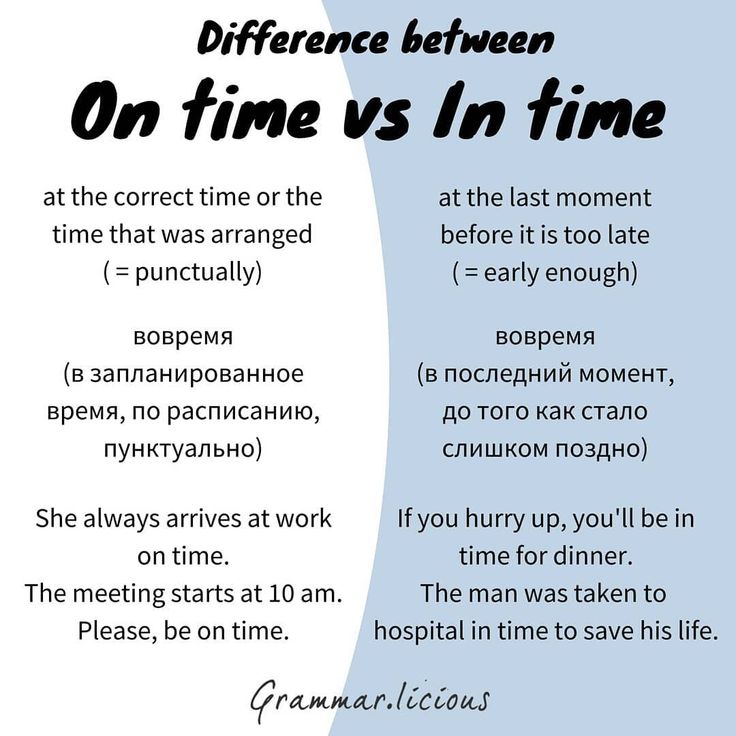
Apathy, empathy, sympathy as resources of a psychologistLa Psychologie Verte
Posted on 2018/03/08 | Leave a comment
There is one reason I both love and dislike Gestalt therapy. This is one of the areas of relationship therapy, that is, the way people come into contact with each other is considered healing. And if in classical psychoanalysis the psychologist is maximally detached, in some way even apathetic; if in a humanistic approach the psychologist is involved and empathic; then in Gestalt therapy we are talking about the so-called. "controlled participation". Anna and Serge Ginger write almost cautiously about relationships in Gestalt: “...Of course not! There are no first or second roles, no classifications or divisions! The therapist and his client are two partners (albeit with different roles and status) participating in equal authentic relationships. This is one of the characteristic features of Gestalt therapy” (“Contact Gestalt Therapy.” And further:
“Carl Rogers' 'non-directive' approach exalts empathy: the therapist is emotionally close to his client and treats him with 'unconditional acceptance'; therapy is "client-centered";
• Psychoanalysis recommends a relationship of "benevolent neutrality" in which the therapist maintains an emotional distance between himself and his client, following the "rule of forbearance" that encourages frustration, leading to increased transference mechanisms.
Perls defines this kind of restrained relationship as passive frustration (no response to the client) + apathy, contrasting it with active frustration + sympathy, which carry a provocative meaning and contain a “challenge” that mobilizes the client (from Latin pro-vocare - appeal to). For example: “You know, I’ve stopped listening to what you’re talking about for five minutes already…”; nine0003
• Gestalt, in turn, encourages sympathy: the therapist, as a human being, enters into a real I/Thou relationship with his client. He awakens the client's awareness of the relationship between the client and the environment (represented by the therapist) and consciously uses his own countertransference as the driving force behind the healing process.
In this way, he shows interest in his partner and at the same time "centers on the client." However, one can just as well say that he is “centered on himself”: he is attentive to his own feelings that arise in him here and now in the presence of a patient with whom he is at any moment ready to consciously share these feelings.
” nine0003
And let me tell you, it's very difficult. But interesting. If you are also interested in finding a balance of sympathy for yourself and others in life and work, come to study with us from April to January at the first stage of training for Gestalt therapists at MGI. There are details here - http://www.b17.ru/trainings/1stgestalt.
Contact details: Vlalimir – [email protected] +7 926 56 118 95
and Tatiana – [email protected] +7 916 718 54 06
© 2018 – 2019, Tatiana Lapshina. All rights reserved. Distribution of materials is possible and welcome with the link. For modification and commercial use, contact the author
This entry was posted in Psychologist's Blog and tagged videos, gestalt, groups, MHI, cartoons, education, pro resources, psychotherapy, quotes, emotional intelligence, empathy. Bookmark the permalink.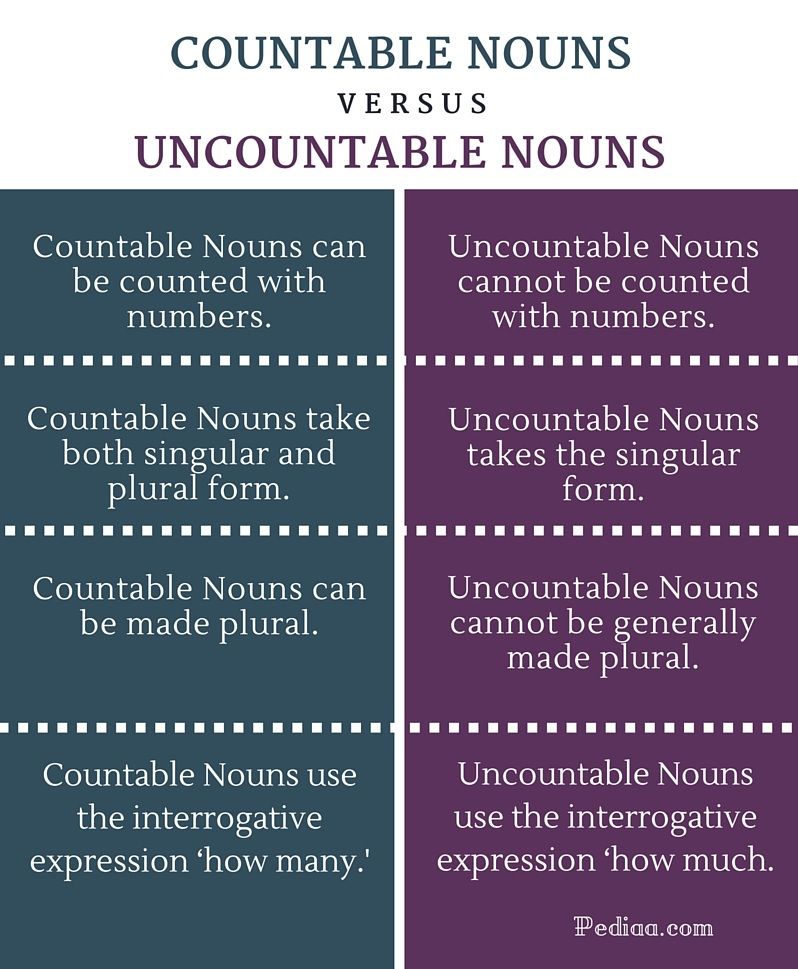
Empathy - what is it? - The most interesting!
We continue the section "Magic" and the subsection "Mysticism" with article Empathy - what is it? Where we consider what kind of animal this is - empathy. And with what it is eaten. And also how empathy correlates with apathy, telepathy, psychopathy, sympathy, and so on. nine0003
Empathy - what is it? Everything is very simple. Empathy is the comprehension of the emotional state, penetration, empathy into the experiences of another person. The ability of an individual to parallel experience those emotions that arise in another individual in the course of communication with him. Understanding another person through emotional empathy with his experiences.
The term "empathy" was created to denote a special interesting sensitivity, the ability of an individual to imagine himself in the place of another person, to feel his emotional state, in the ordinary sense - sympathy. In a broader sense - an aesthetic experience, the response of the soul, sincerity of feeling.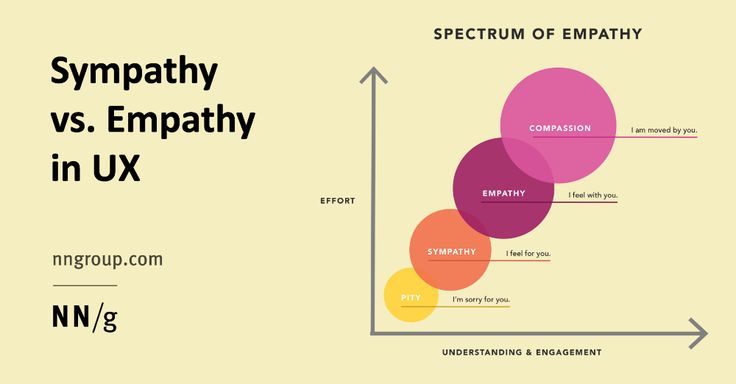 nine0003
nine0003
In other words, empathy is “the ability to empathize”, conscious empathy with the current emotional state of another person, without losing a sense of the external origin of this experience. Accordingly, an empath is a person with a developed capacity for empathy.
To complete the picture, let's define:
- there is emotional empathy — based on imitation of the external manifestations of another person's emotions;
- there is conscious empathy, when a person calculates the feelings of another person based on an analysis of the situation; nine0044
- The third type of empathy is predictive empathy, which manifests itself as the ability to predict the emotional reaction of another person based on experience.
Naturally, in all cases it is assumed that the empath not only calculated the emotional state of a person in one way or another described above, but was also able to feel it himself (without losing his own integrity of the personality at the same time).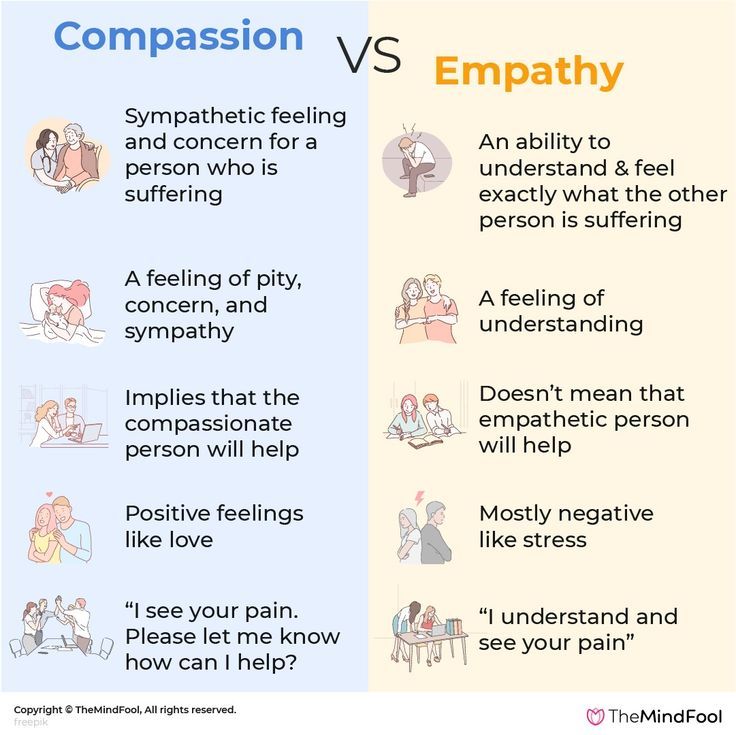 Because predicting the joy of another is one thing. But to understand exactly how and how happy another person is from their own experience is another (and it is already close enough to empathy). nine0003
Because predicting the joy of another is one thing. But to understand exactly how and how happy another person is from their own experience is another (and it is already close enough to empathy). nine0003
As they say:
To have empathy means to perceive the subjective world of another person as if the perceiver were that other person.
In this regard, two main forms of empathy can be distinguished:
- empathy-experiencing the same emotional states that another experiences through identification with him;
- sympathy — experiencing one's own emotional states in connection with the feelings of another.
Accordingly, empathy can be developed using three areas:
- Observe the emotions of other people and their manifestations (more about this can be found in the article "Scale of emotional tones")
- Learn to analyze the situation and the emotions that manifest in certain cases
- Practice predicting what kind of feelings will appear on certain occasions.
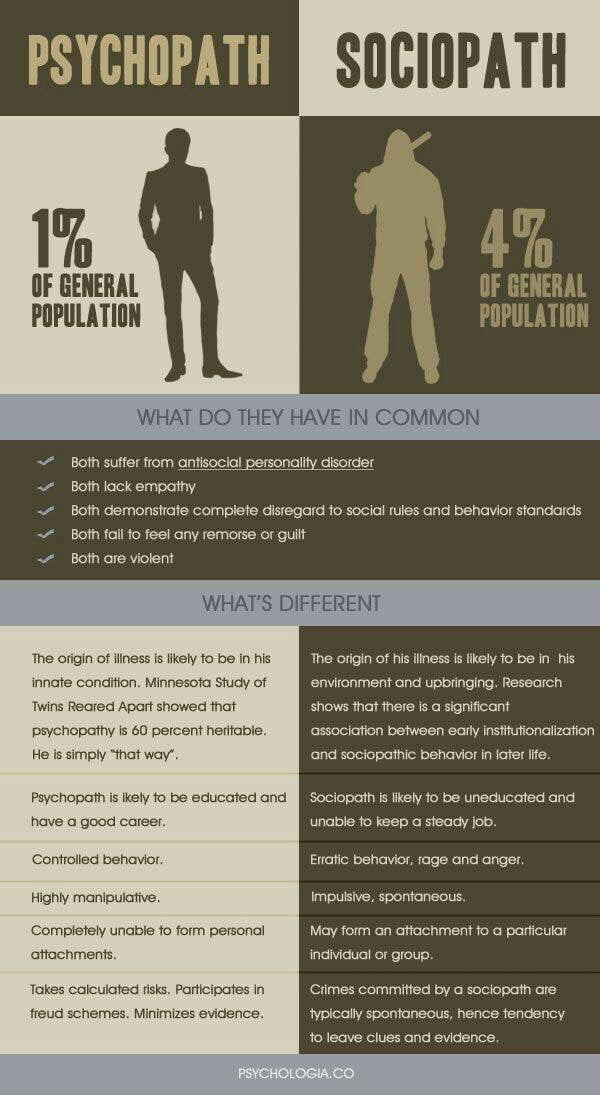
Naturally, without the main component of empathy — feeling for oneself — these three elements by themselves will not train empathy. Accordingly, in addition to analysis and observation, it is necessary to independently go through all the emotions of a person. To know what to correlate with what, so to speak. That is why the ability to empathize increases with age: firstly, factual and analytical material accumulates, and secondly, the emotional experience of the empath itself grows. nine0003
It is believed that empathy is not only helped by personal emotional experience and analysis, but also by a certain ability to feel another person in real time, even if the feelings of this person were not available to the empath. It is possible that this also happens. However, we have no doubt: without the above training, this ability will not develop.
By the way, we promised to help you understand how empathy differs from sympathy, telepathy, and so on. Help:
What is the difference between empathy and telepathy?.
 .
. All the differences between these words relate to the simple translation of the words. Thus, the common root for all these words is the root pathos, which means "feeling" in ancient Greek. Well, then the shades and relationships of the root distinguish prefixes.
So, empathy = en + pathos = in-feeling (the analogue in Russian is clumsy, because in this sense this word is used only in specific books).
Sympathy = syn + pathos = sympathy. So empathy is a direct analogy of sympathy. nine0003
Accordingly, now it is very easy to distinguish sympathy from empathy: sympathy is a joint feeling, and empathy is an empathy for the state of another person. As you can see, sympathy is just mutual empathy. True, in our language the word "sympathy" corresponds only to positive emotions. However, if you look at the basics, then sympathy is a two-way empathy.
Let's move on.
Telepathy = tele + pathos, distance + feeling = feeling at a distance.